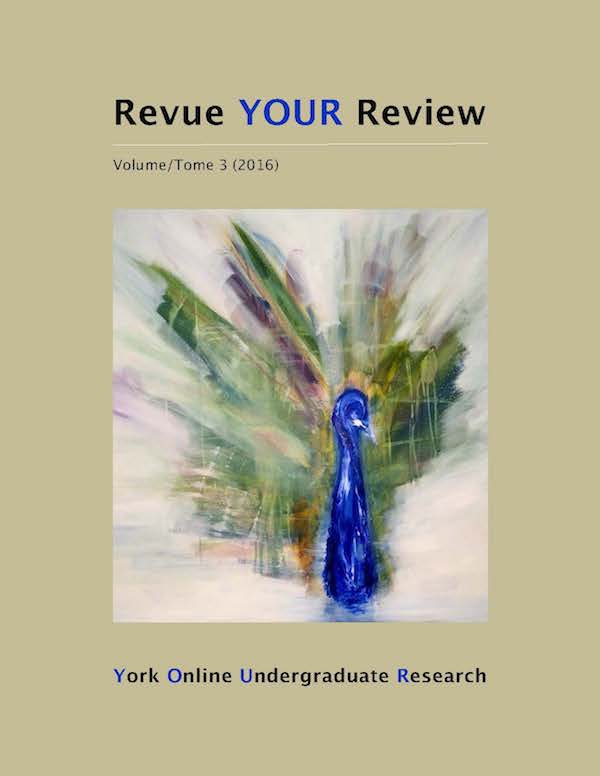“That Place Where the Wave Finally Broke and Rolled Back”: Modernism and Adolescent Psychological Development
Keywords:
adolescence, history, identity, modernism, psychological development, psychologyAbstract
Modernism represents the crisis of opportunity: a period of liminality brought about by intense and sustained changes in technology and society is accompanied by an unbalancing expansion of possibilities for the individual in this new and mutable landscape. Understanding this unprecedentedly unpredictable world required contemporaries of the modern era to develop a correspondingly “modern” consciousness. We can deepen our understanding of this process by drawing analogies to adolescent psychological development—a period in the individual’s life that serves as a more-than-apt analogue for exploring the historical period of Modernism. Using the archetype of “modern man” as observed and represented by German author Johann Wolfgang von Goethe in his metaphorically sensitive parable, Faust, as a launching point, it is possible to identify corollary developments in the history of Modernism and the modern subject and adolescent psychological development.How to Cite
Issue
Section
License
Authors contributing to Revue YOUR Review agree to release their articles under one of three Creative Commons licenses: Creative Commons Attribution 4.0 International; Creative Commons Attribution-NonCommercial 4.0 International; or Creative Commons Attribution-NoDerivatives 4.0 International. All editorial content, posters, and abstracts on this site are licensed under Creative Commons Attribution-NoDerivatives 4.0 International. For further information about each license, see:
https://creativecommons.org/licenses/
In all cases, authors retain copyright of their work and grant the e-journal right of first publication. Authors are able to enter into other contractual arrangements for the non-exclusive distribution of the e-journal's published version of the article (e.g., post it to an institutional repository or publish it in a book or in another journal), with an acknowledgement of its initial publication in this e-journal.


